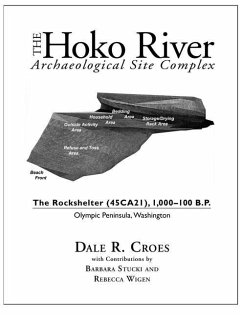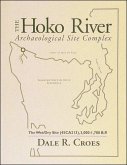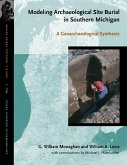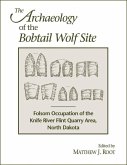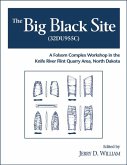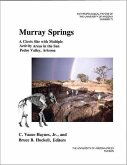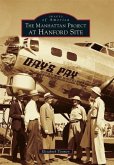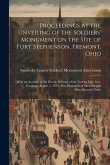The public has long held a fascination with the archaelogical work at the Hoko River, due to the excellent preservation of artifacts at the site. Beginning in the 1970s, numerous newspaper articles, along with several television mini-documentaries, spread news about the ongoing excavations. Located a short distance upstream from where the Hoko River discharges into the Strait of Juan de Fuca, the Hoko Rockshelter site is one of the first, and the largest, intensively investigated rockshelter habitation sites along the Northwest Coast of North America. A classic coastal shell midden located within the confines of a rockshelter, it afforded a rare opportunity to examine changes in the arrangement of cultural living space over time. The site was excavated with the intention of recording a highly detailed and continuous depositional sequence. To help better understand and learn from cultural evolution, site researchers utilized computers to create models of cultural processes. The Hoko River Archaeological Site Complex: The Rockshelter (45CA21), 1,000-100 B.P. presents a detailed overview of the Hoko Rockshelter fieldwork and data analysis, followed by a conclusion determining how well the hypotheses derived from the computer modeling compare to actual archaeological results.
Hinweis: Dieser Artikel kann nur an eine deutsche Lieferadresse ausgeliefert werden.
Hinweis: Dieser Artikel kann nur an eine deutsche Lieferadresse ausgeliefert werden.

